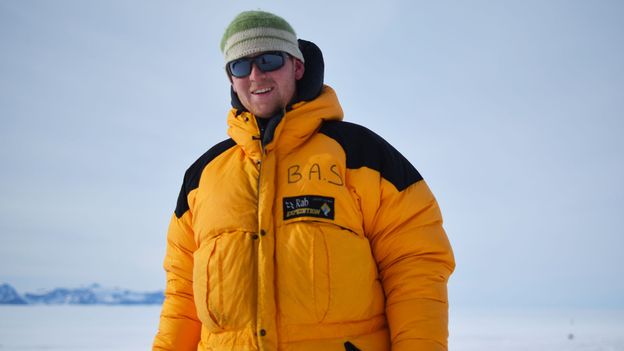- cross-posted to:
- [email protected]
- science
- news
- science
- cross-posted to:
- [email protected]
- science
- news
- science
they were taking part in an unusual experiment, which involved tracking their own voices over time. This was done by making 10-minute recordings every few weeks. They would sit in front of a microphone and repeat the same 29 words as they appeared on a computer screen. Food. Coffee. Hid. Airflow.
One of those changes was the “ou” sound in words such as “flow” and “sew” that shifted towards the front of the vocal tract.
I’m not actually sure what sound change they’re describing there. Can anyone explain with examples or IPA?
edit: Cheers for the answers (turns out I misunderstood which part is the vocal tract)
So how long until they’ve developed their own language?
at least 7
The answer is 42
a language is a dialect with an army, when do you think antarctic researchers will start claiming independence?
I believe it would sound like an eastern Canadian would say it. Like how house becomes hoouse?
Spend time in the cold and start developing the Canadian accent?
It does isolate people!
Trying desperately to figure out how I say “house”.
If it shifted forward, would that make words like know (/nō/) closer to knew (/noo͞, nyoo͞/)?
Yeah. Front is lips, back is bottom of throat
Flow becomes more like flew
Basically central schwa replaces /a/ in words like “house” and “about.”
(Sorry I don’t have an IPA keyboard on my phone.)






